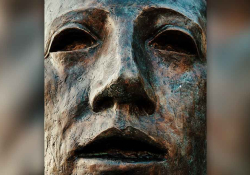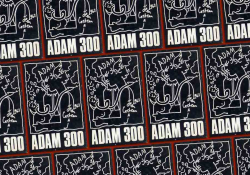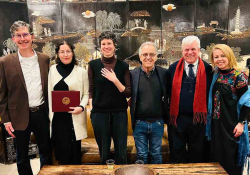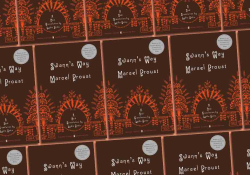25 Years Ago in These Pages
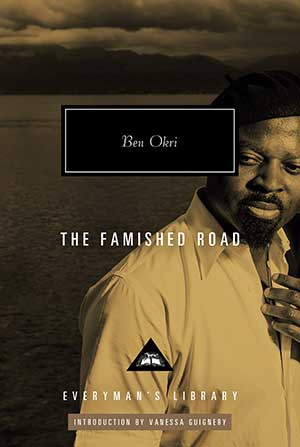 “This article began with a zombie. Had it not been for the zombie, I wouldn’t have opened the way I did, nor said what I am about to say, nor compared what I am about to compare. I would have written about postcolonialism, but perhaps less engagingly or forcefully—you’ll be the judge of that. So you’ve all got the zombie to thank—and I hope you will. . . . [Ben Okri’s 1991 novel, The Famished Road] deals with a liminal, in-between figure that is cousin to the zombie: the abiku child who dies and returns, dies and returns, moving continually between the spirit world and the world of the living. . . . We have in Okri what Appiah wished for in the future African novel: the all-consuming vision of a less-anxious creativity, the abiku with a bicycle—hybrid, sort of polyglot, who doesn’t care if bicycles or cameras or dictionaries are the white man’s inventions. They’re not there to be Other to the African self; they’re not there to keep trapping the in-between in colonialist logic.”
“This article began with a zombie. Had it not been for the zombie, I wouldn’t have opened the way I did, nor said what I am about to say, nor compared what I am about to compare. I would have written about postcolonialism, but perhaps less engagingly or forcefully—you’ll be the judge of that. So you’ve all got the zombie to thank—and I hope you will. . . . [Ben Okri’s 1991 novel, The Famished Road] deals with a liminal, in-between figure that is cousin to the zombie: the abiku child who dies and returns, dies and returns, moving continually between the spirit world and the world of the living. . . . We have in Okri what Appiah wished for in the future African novel: the all-consuming vision of a less-anxious creativity, the abiku with a bicycle—hybrid, sort of polyglot, who doesn’t care if bicycles or cameras or dictionaries are the white man’s inventions. They’re not there to be Other to the African self; they’re not there to keep trapping the in-between in colonialist logic.”
—Edna Aizenberg, “‘I Walked with a Zombie’: The Pleasures and Perils of Postcolonial Hybridity,” WLT 73, no. 3 (Summer 1999): 461, 466

